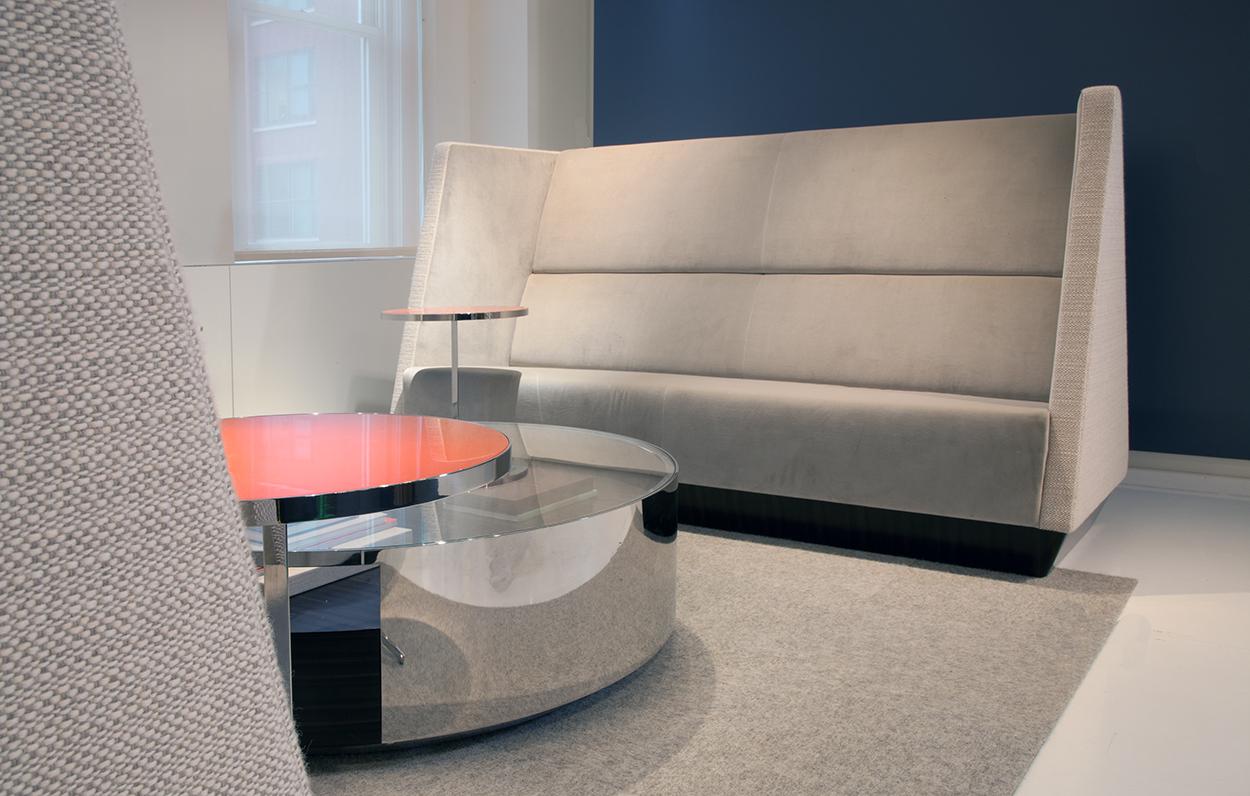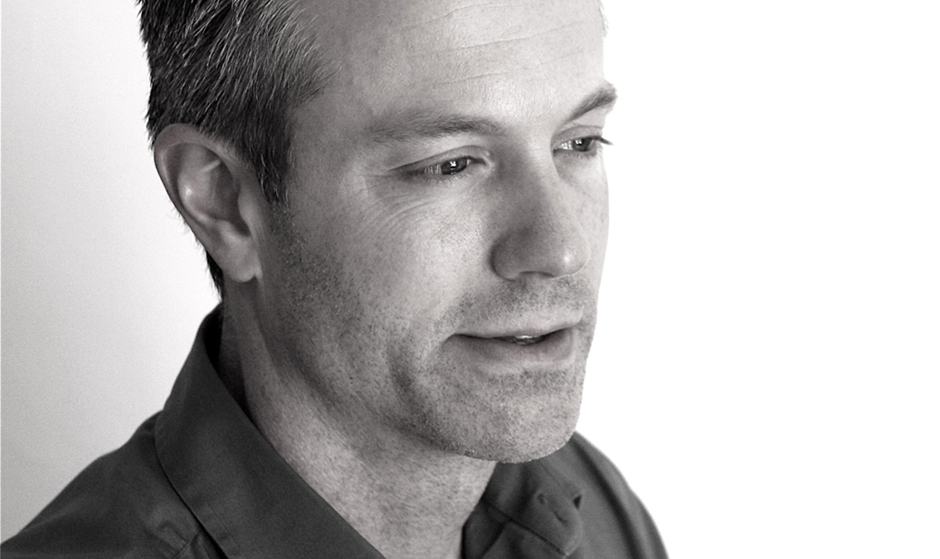
The following interview aims to give you an insight into Mr. Sorel's creative process of making the Caid collection, the winner of the Interior Design's Best of Year Award 2015, as well as his view on design, current trends and innovation.
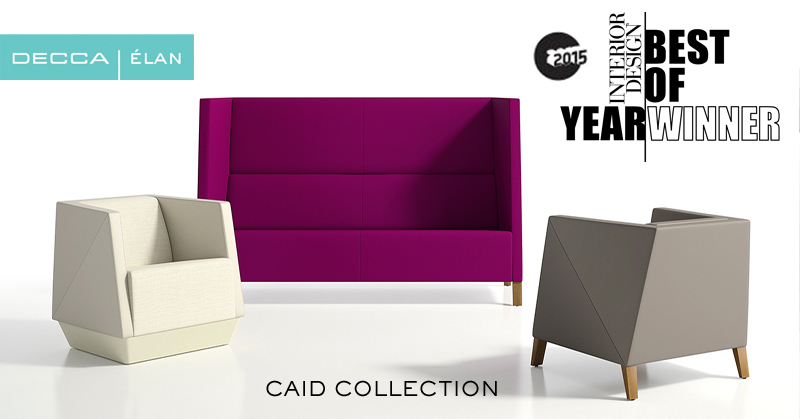
Growing up I spent countless hours with my father learning how to rebuild cars and solve mechanical issues. Eventually this expanded to encompass a general interest in how things are made and what makes them work. Equally influential was my mother who is a trained operatic soprano and all around creative type person. If I didn’t have a spanner (wrench) in my hands, I had a paint brush or a piece of artist’s charcoal in its place. Design became for me a fusion of these two worlds; the artful synthesis of problem solving, function and beauty.
Visually, Caid was inspired by the study of light and line. I was looking at creating an outside shell that was very architecturally subtle that played with light and shadow, shifting as you walked around the piece or as the light changed and shifted throughout the day. In contrast, the interior of the chair is meant to be inviting and softened to better conform to the human body. From an applications standpoint, the architectural quality of Caid, especially those units with a higher back, create a strong connection to the geometry of the surrounding environment while carving out a soft and intimate space to be occupied by the users.
Privacy has always been an issue and its importance continues to escalate. As environments become more open and casual and people are carrying their entire personal and professional information around with them, the need to access this content privately or share content within the confines of a small group of individuals discretely, becomes ever more important. Caid addresses this through it’s incorporation of a range of back heights that help to carve out private spaces within open plan environments, creating a sense of security and comfort.
Ultimately, I think good design should draw you in, and once you’ve been drawn in, you shouldn’t be disappointed by your experience. The design should be magnetic and slowly reveal layers of an experience in the way that it is artfully crafted with premium materials, and in the end, provide a luxurious and comfortable place to sit and meet.
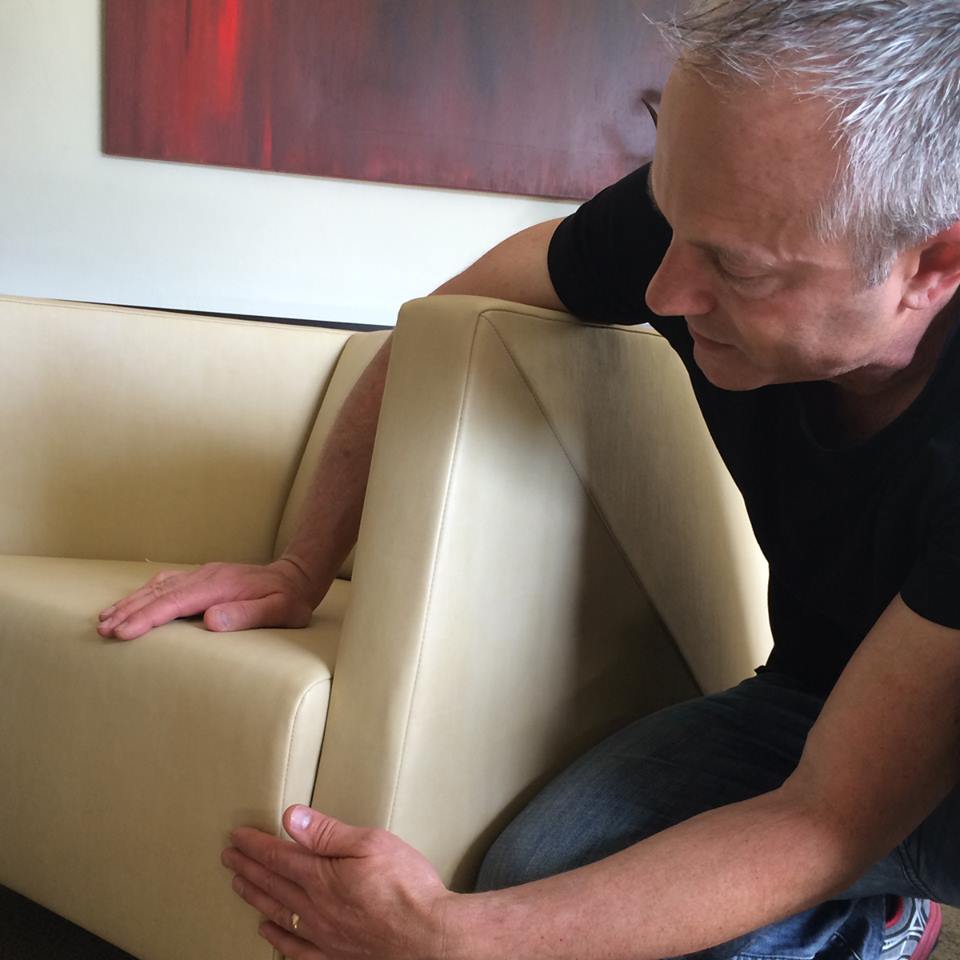
First and foremost are the needs of the client. I need to understand what their objectives are- what are they trying to accomplish? Once I think I have a good handle on that, I can turn my attention how I might express a visual representation of this synthesis between the brand, the marketplace, the business and my personal sense of design. For inspiration I like to look at things that are happening in other contexts like architecture, automotive and motorcycle design as well as fashion. This leads to sketches and models that express my design vision. When designing furniture I’m always thinking about the context within which my design will exist. It needs to be appropriate and sympathetic to the spaces in which designer and architects will place it. Does it look good in multiples? Is its visual gesture and physical presence too strong or not strong enough. I’m always asking questions.
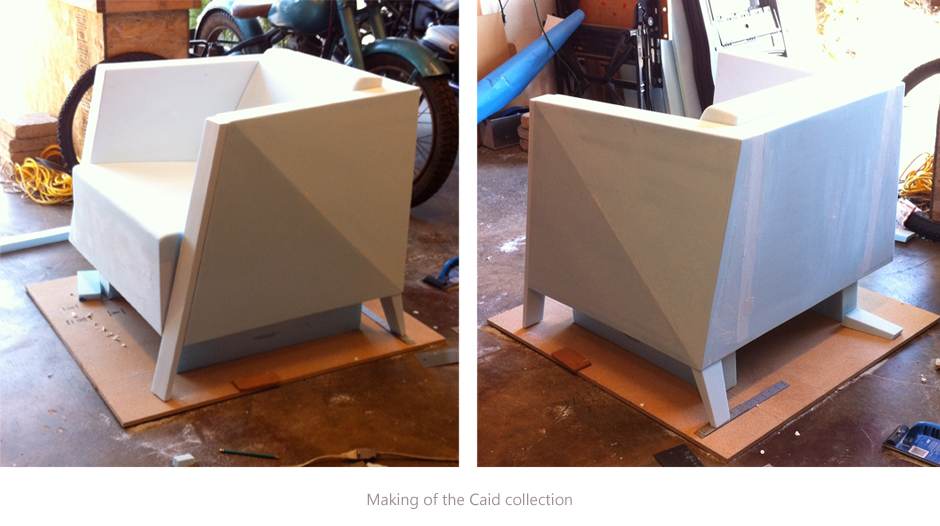
I think asking the right questions is what drives innovation. Innovation can happen on all sorts of levels. The worst kind of innovation is when it’s for its own sake. That usually happens when the wrong questions have been asked or maybe weren’t even asked at all…
I get to create new things that have the possibility of impacting peoples experience in a positive way and I’m able to work with lots of different and really interesting people while I’m doing it. What’s most rewarding for me is the idea that I’m creating a valuable asset for my clients. When that asset gets validated by the marketplace in the way of sales, it feels like a job well done. I also really like the independence I have as a fredecca contractce designer. I’m not beholden to any one company, which I think helps keep my perspective fresh.
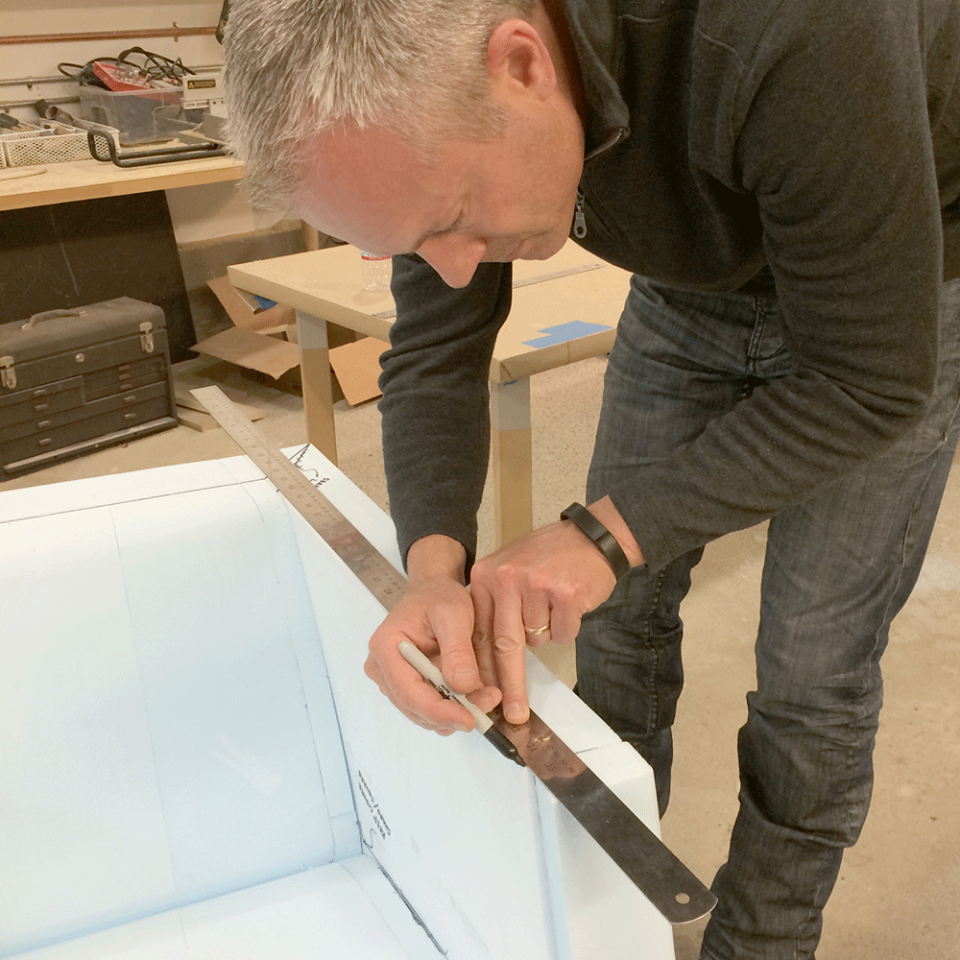
__________
Jess Sorel holds numerous design and utility patents and his work has been featured in Abitare, Azure, Blueprint, Contract, Domus, Dwell, Fast Company, I.D. Magazine, Interior Design and Metropolis.
